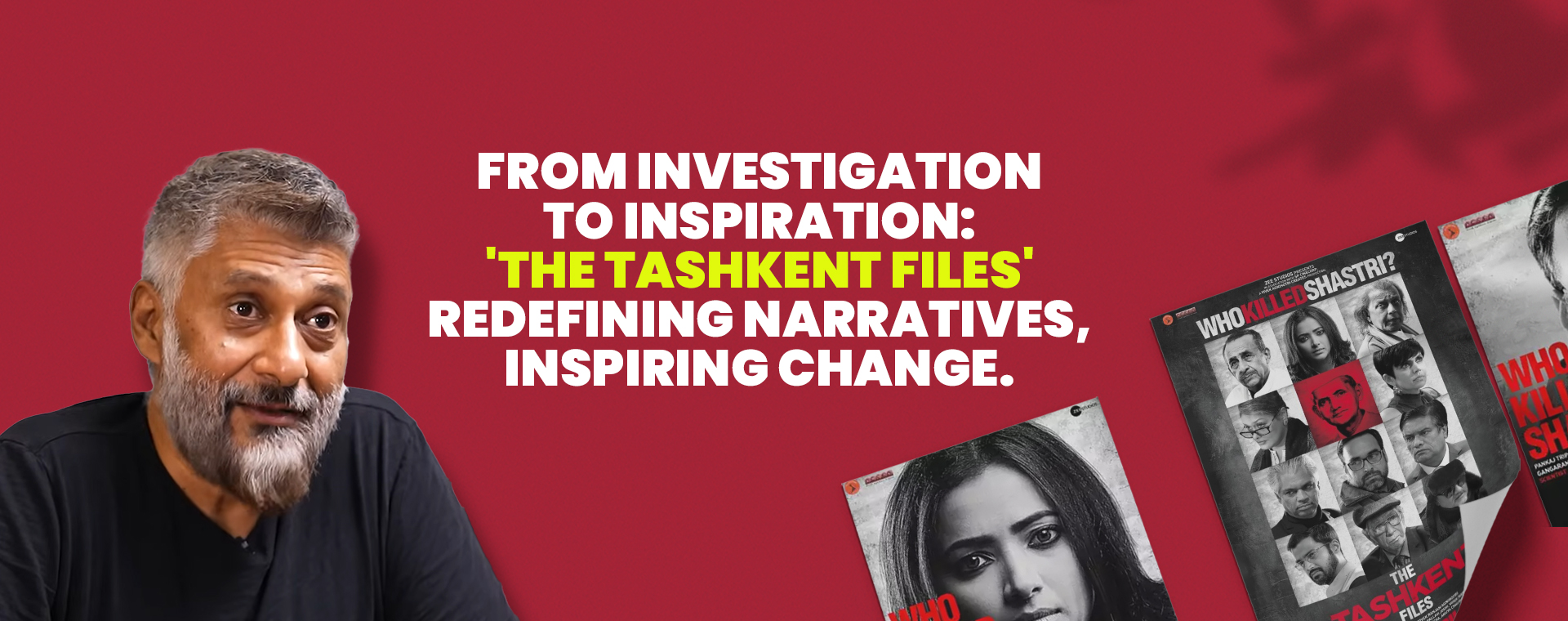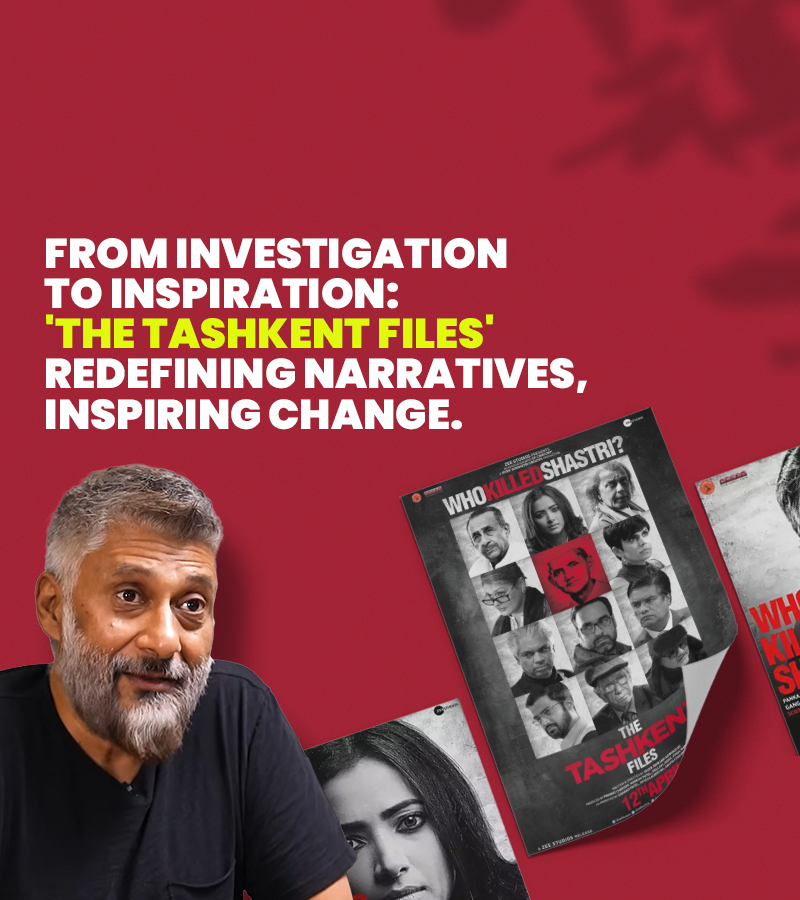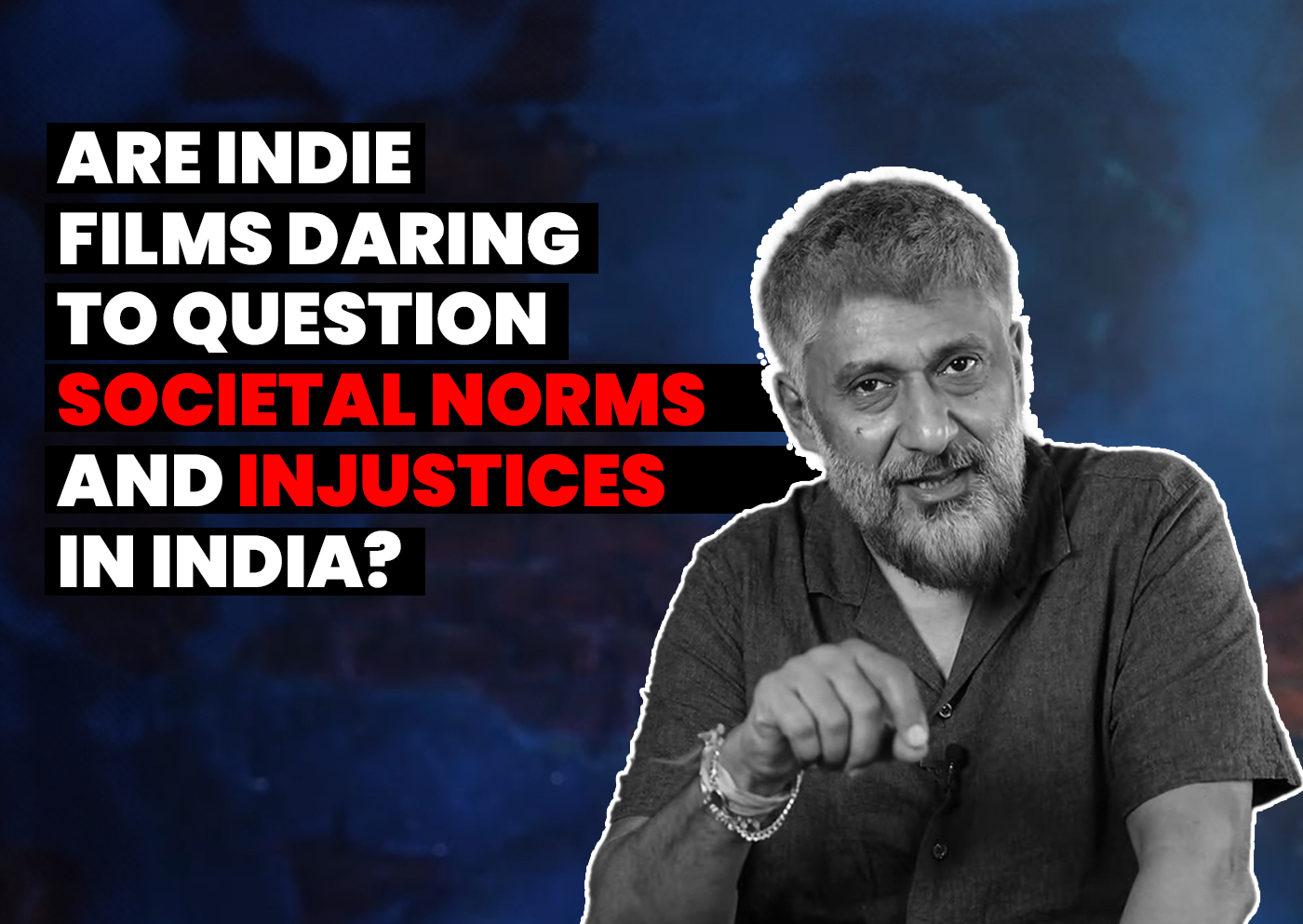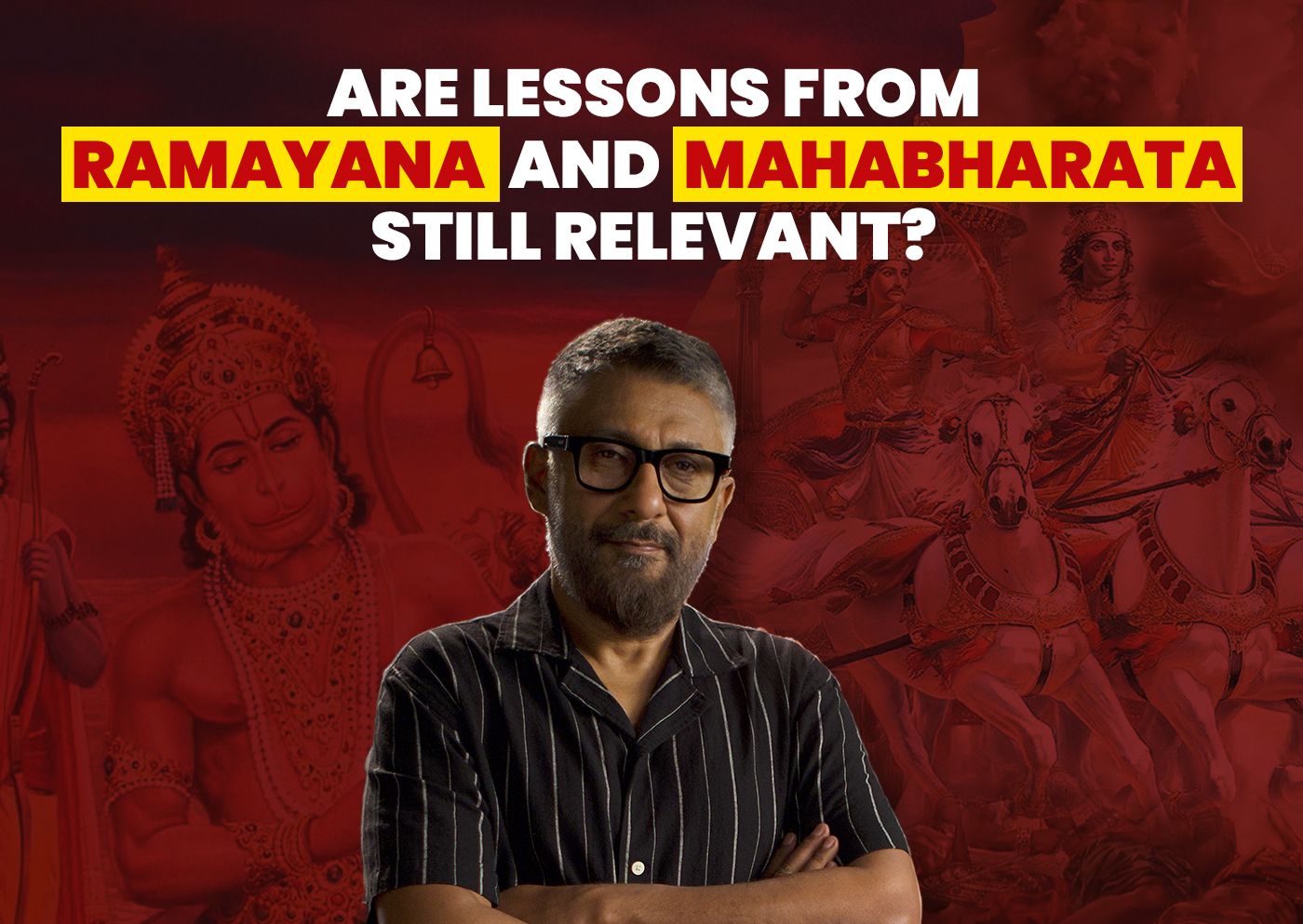

The Tashkent Files: A Disruptor in the Narrative & An Advocate of Change
Vivek Agnihotri’s The Tashkent Files dared to question history, sparking a new era of disruptive cinema in India.
Challenging the Narrative: A Spark for Debate
Beyond its historical setting, The Tashkent Files broke new ground by challenging the long-held official narrative surrounding Shastri’s demise. The film presents a fictionalized account exploring the possibility of foul play. This ignited a national conversation, making the audience an integral part of a larger discourse and prompting viewers to question established narratives and demand a deeper investigation into Shastri’s death.
Key Aspects of Disruption:
Re-examining History: The Tashkent Files prompted a public re-evaluation of historical events. The film’s portrayal, while fictionalized, encouraged audiences to critically examine the available evidence and form their own conclusions.
Crowdsourced Investigation: The film’s impact extended beyond the screen. Following its release, social media witnessed a surge in discussions and investigations regarding Shastri’s death. Citizens actively sought out historical documents and shared their findings online, fostering a spirit of collective inquiry.
Blurring the Lines Between Fact and Fiction: The film’s narrative structure, employing a fictional protagonist investigating a historical event, blurred the lines between fact and fiction. While sparking debate about historical accuracy, this technique undoubtedly engaged audiences and sparked a renewed interest in the past.
A New Wave of Disruptive Cinema?
The Tashkent Files arguably ushered in a new era of “disruptive cinema” in India. Here are some characteristics of this emerging trend:
Focus on Under-Narrated Stories: Disruptive films like The Tashkent Files often delve into lesser-known historical events or controversial topics, challenging mainstream narratives and prompting public discourse.
Audience Participation: These films actively encourage audience engagement. Social media discussions, online investigations, and public debates are integral to the film’s impact, extending its reach beyond the theater.
Blurring Genres: Disruptive cinema often blends genres, incorporating elements of historical drama, political thrillers, and investigative journalism to create a more compelling and thought-provoking experience.
When people in power hide the truth, it must be unearthed. The Tashkent Files does just that.
-Vivek Ranjan Agnihotri
Beyond The Tashkent Files: Other Examples of Disruptive Cinema
While The Tashkent Files is a prime example, it’s not the only film contributing to this evolving cinematic landscape. Here are a few others:
Newton (2017): This film tackles the sensitive issue of electoral malpractices in rural India, sparking conversations about social inequality and the challenges faced by Indian democracy.
Manikarnika: The Queen of Jhansi (2019): This historical biopic re-examines the life of Rani Lakshmibai, a warrior queen who defied the British Raj. The film’s portrayal of a strong female leader challenged traditional narratives and resonated with audiences.
Article 15 (2019): This hard-hitting social drama explores the issue of caste discrimination in contemporary India. The film’s unflinching portrayal of social injustice sparked outrage and debate, prompting viewers to confront uncomfortable realities.
The Road Ahead: The Tashkent Files – A Catalyst for Change?
The long-term impact of The Tashkent Files remains to be seen. However, it has undeniably left a mark on Indian cinema and society. The film’s bold questioning of the official narrative and its success at the box office have sparked discussions about the role of cinema in shaping historical narratives. Here are some potential long-term outcomes:
Increased Scrutiny of Authority: The film’s questioning of the official narrative could lead to a more critical public approach towards information disseminated by authorities, demanding greater transparency and accountability.
Rewriting History: The Tashkent Files may inspire further investigations into historical events, potentially leading to re-evaluating established narratives and a more nuanced understanding of the past, instilling a sense of hope in the audience.
Empowerment Through Discourse: The Tashkent Files may empower citizens to actively shape the national narrative by encouraging public discourse on sensitive topics.
The Legacy of The Tashkent Files: A Spark for a More Engaged Audience
The Tashkent Files may not have provided definitive answers about Shastri’s death. However, it undeniably ignited a public conversation and challenged audiences to become more discerning information consumers. While some critics argue that the film’s narrative is speculative and lacks concrete evidence, others praise its role in sparking a national conversation and encouraging a more critical approach to historical narratives. Whether it marks the beginning of a sustained trend of disruptive cinema in India remains to be seen. One thing is sure: The Tashkent Files has left its mark, inspiring a generation of viewers to question, debate, and actively participate in shaping their understanding of the past and present.
The Future of Disruptive Cinema: A Call to Action
The success of The Tashkent Files highlights the growing appetite for films that challenge the status quo and encourage introspection. As we move forward, filmmakers can continue to push boundaries by:
Elevating Underrepresented Voices: Disruptive cinema can be a powerful tool for giving voice to marginalized communities and untold stories.
Championing Investigative Journalism: Films can bridge the gap between entertainment and investigative journalism, fostering a culture of critical inquiry.
Utilizing Technology for Engagement: Social media platforms can be leveraged to extend the conversation beyond the film, promoting audience participation and collaborative investigations.
By embracing these approaches, disruptive cinema can play a vital role in promoting social and political discourse, ultimately leading to a more informed and engaged citizenry.
Buy an author-signed copy of the book here: https://vivekagnihotri.com/product/who-killed-shastri-the-tashkent-files/






